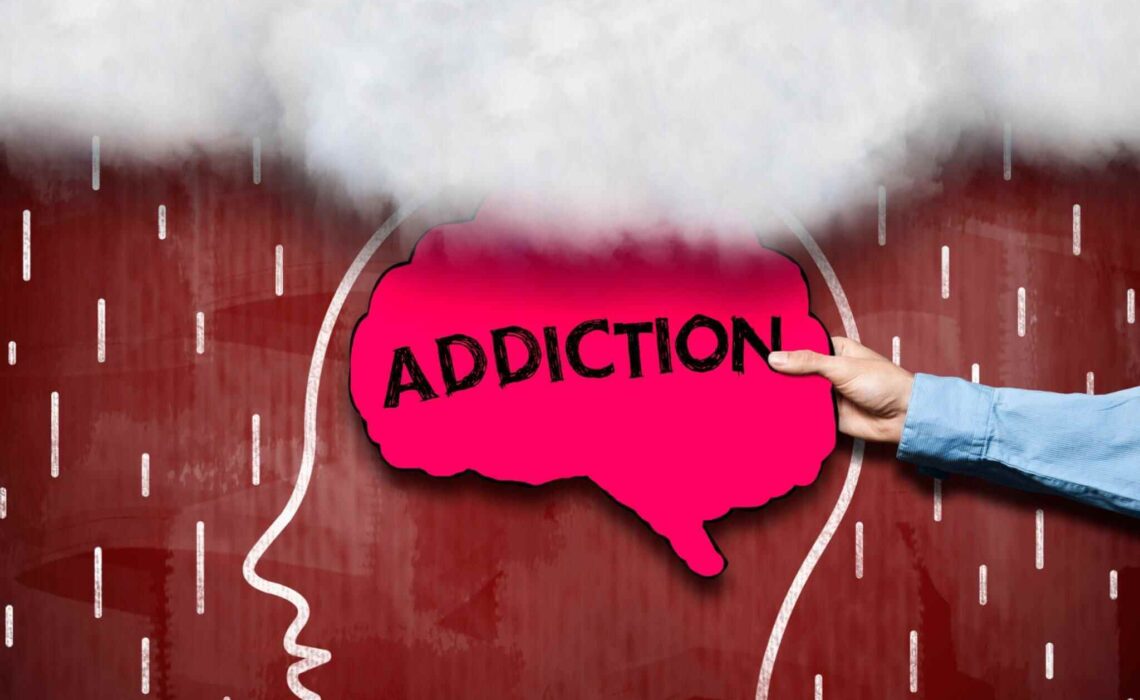There are numerous addictions in the world, some good and some bad. Many people can deal with what is known as an addictive personality. An addictive personality can become addicted to substances like drugs and alcohol, but others can develop an addiction to certain traits or activities even those that appear positive.
For example, an addiction to exercise may not appear harmful because it is a good thing, but overexertion can result in a number of physical issues, as well as psychological ones. If you have noticed yourself exhibiting traits of an addictive personality, here are some ways that you can work to overcome the negative impacts.
1. Seek the Appropriate Treatments
Table of Contents
If you are experiencing an addiction to alcohol because of the people you are socializing with, you can get treatment in the form of rehab for alcohol addiction, but you may also look to therapies such as Cognitive Behavioral Therapy (CBT). Therapy like CBT can help you to work through the underlying causes and the triggers related to the addictive traits.
2. Look at the Bigger Picture
We do things because they feel good, not necessarily because we are right. The dopamine receptors in the brain are little reward modules for scouring social media or eating a cookie, and we all are aware of the negative impacts of going down the rabbit hole of social media. When we recognize that we are exuding an addictive personality, if these behaviors are problematic, we need to learn to focus on the bigger picture and address what is actually good for us, as well as those who are witnesses to our behavior.
3. Discuss the Issue
Much like talking therapies, if you do not have the facilities to go to a counselor, you may want to speak to someone who can offer support and comfort. When we speak to family or friends, they may not completely appreciate what we are going through. While speaking to friends and family will make you feel less alone, the fact that you are getting your thoughts out can be an amazing way for you to achieve some perspective.
4. Identify Your Triggers

Triggers for alcohol can be numerous, such as social functions, and when we begin to look at what triggers us to eat unhealthily or consume substances, we have to make a concerted effort to stay away from these situations until we become more resilient. This can be the perfect opportunity for you to reassess the people in your life. If your friends have addictive personalities themselves, making changes and surrounding yourself with positive individuals will help to break the cycle of enabling behavior.
Many believe that they cannot overcome an addictive personality and that they are resigned to struggling with addiction evermore. There’s a lot more at play here, such as nature and nurture. It can be a genetic issue, but once we make peace with the fact that we have an addictive personality, in some ways we can take those positive steps to either undo or completely remove those personality traits.
- Getting A Free Divorce In Virginia? Here’s What To Expect - April 24, 2024
- Countries Embracing Digital Yuan Investments - April 22, 2024
- How To Provide Support For Someone Trying To Quit Drugs - April 13, 2024





No Comments